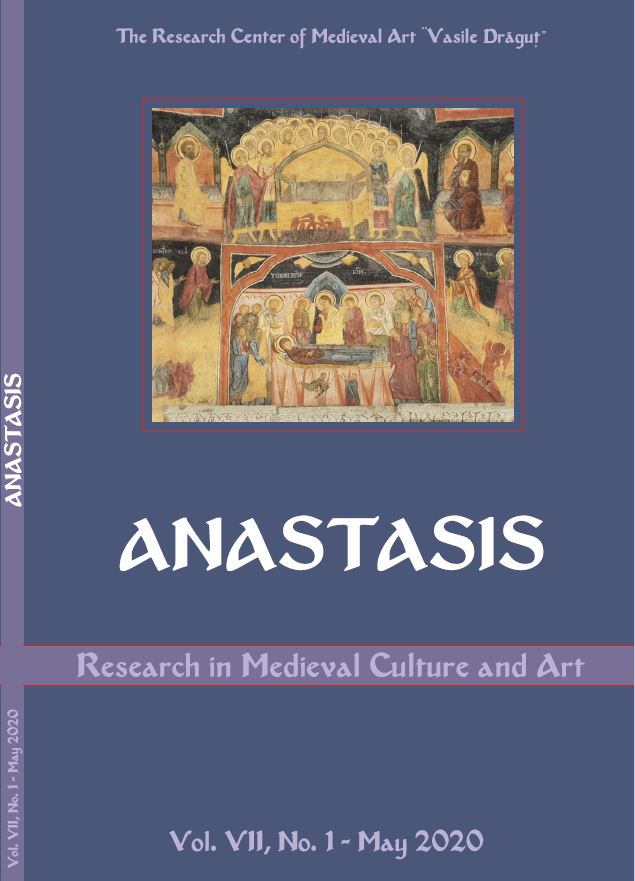Analysis of Ardabil's Business and Communication Routes in Survival and Prosperity Based on Historical Texts and Archaeological Data
Analysis of Ardabil's Business and Communication Routes in Survival and Prosperity Based on Historical Texts and Archaeological Data
Author(s): Mehdi Hosseini Nia, Karim Hajizadeh, Habib Shahbazi Shiran, Reza RezalouSubject(s): Archaeology, Visual Arts, History of Art
Published by: Editura ARTES
Keywords: Ardabil city; historical texts; travelogues; business routes; communication routes;
Summary/Abstract: In the early Islamic centuries, Ardabil is considered to be the oldest and the first city in the Azerbaijani province due to its regional biodiversity in geographical texts. The present study investigates the communication routes to the peripheral points in the Islamic period and their role in the survival of the city based on historical literature and archeological data. The importance and safety of roads and communication routes were two important components that influenced each other, making Ardabil a city in the center of commercial and trading routes in the North-West. This situation can be seen and prosecuted during the Islamic period from the beginning of Islam to the late Islamic centuries. The research method is historical-analytical and the data were collected through the study of historical and geographical literature and the use of the archaeological reports of the area. The main question of this article is: “What effect did the communication routes have had on the survival of the Islamic period until the end of the Safavid period?” The results show that in the early centuries, the city's communication routes were significantly prosperous. The description of the roads and the importance of the buildings and the cities inside them are described together. In this period, roads have played a leading role in the survival and prosperity of the city. In the Middle Ages, this city became a trivial city in the region as the capital, trade and communication routes changed. During the Safavid period, the city was once again restored to its former prosperity due to the importance of the tomb complex of Sheikh Safi-ad-din Ardabili to the kings of the dynasty as well as the conversion of the city to the site of the Silk Road. During this period, numerous routes were created and led to the orientalists and tourists’ travelling to this ciy.
Journal: Anastasis Research in Medieval Culture and Art
- Issue Year: VII/2020
- Issue No: 1
- Page Range: 93-112
- Page Count: 20
- Language: English

